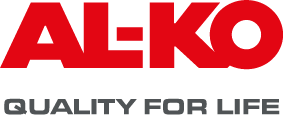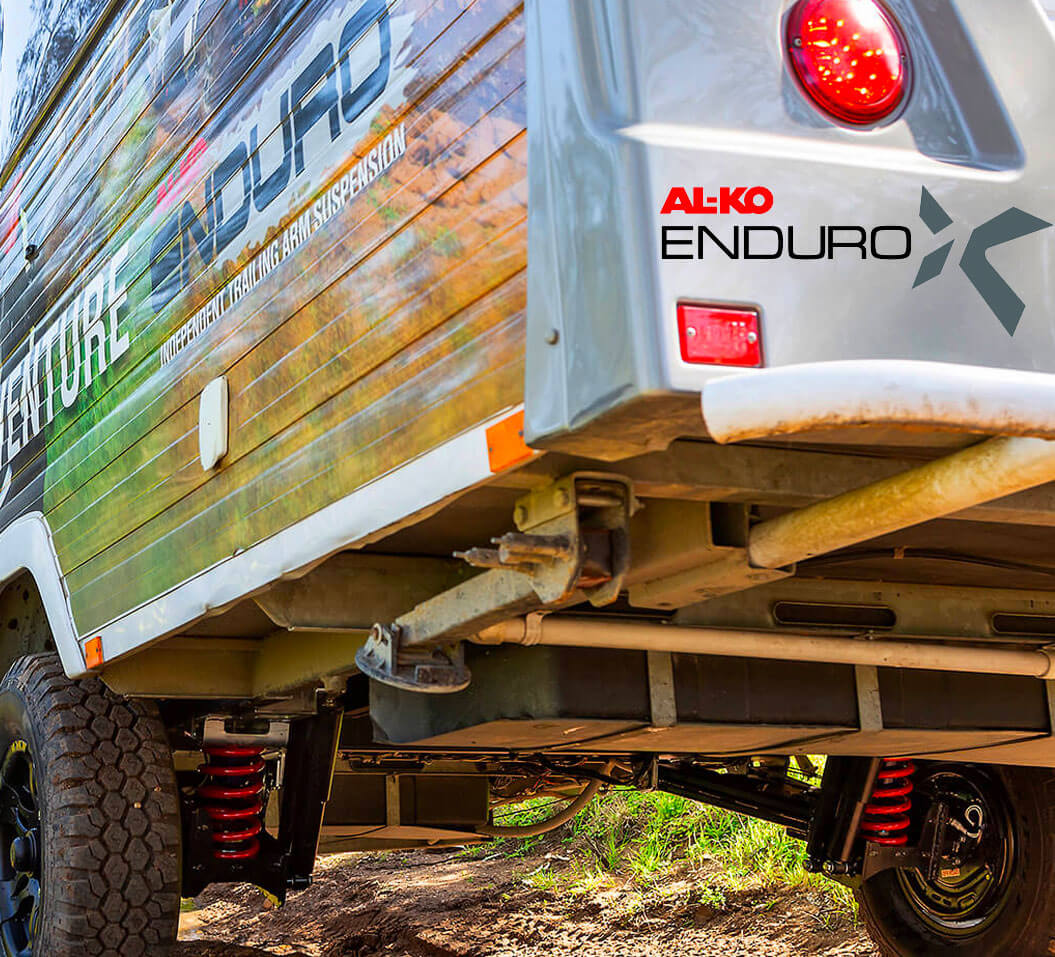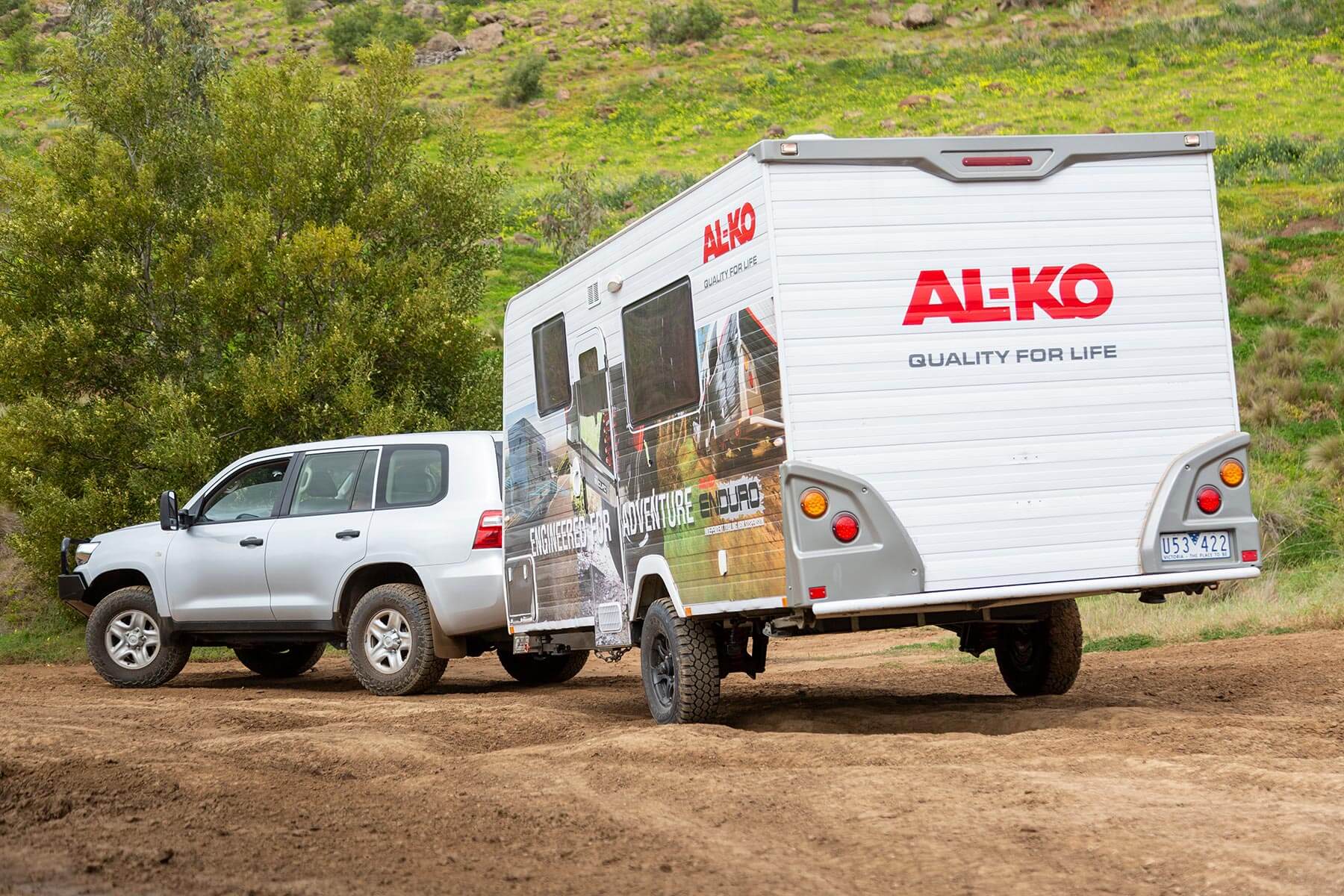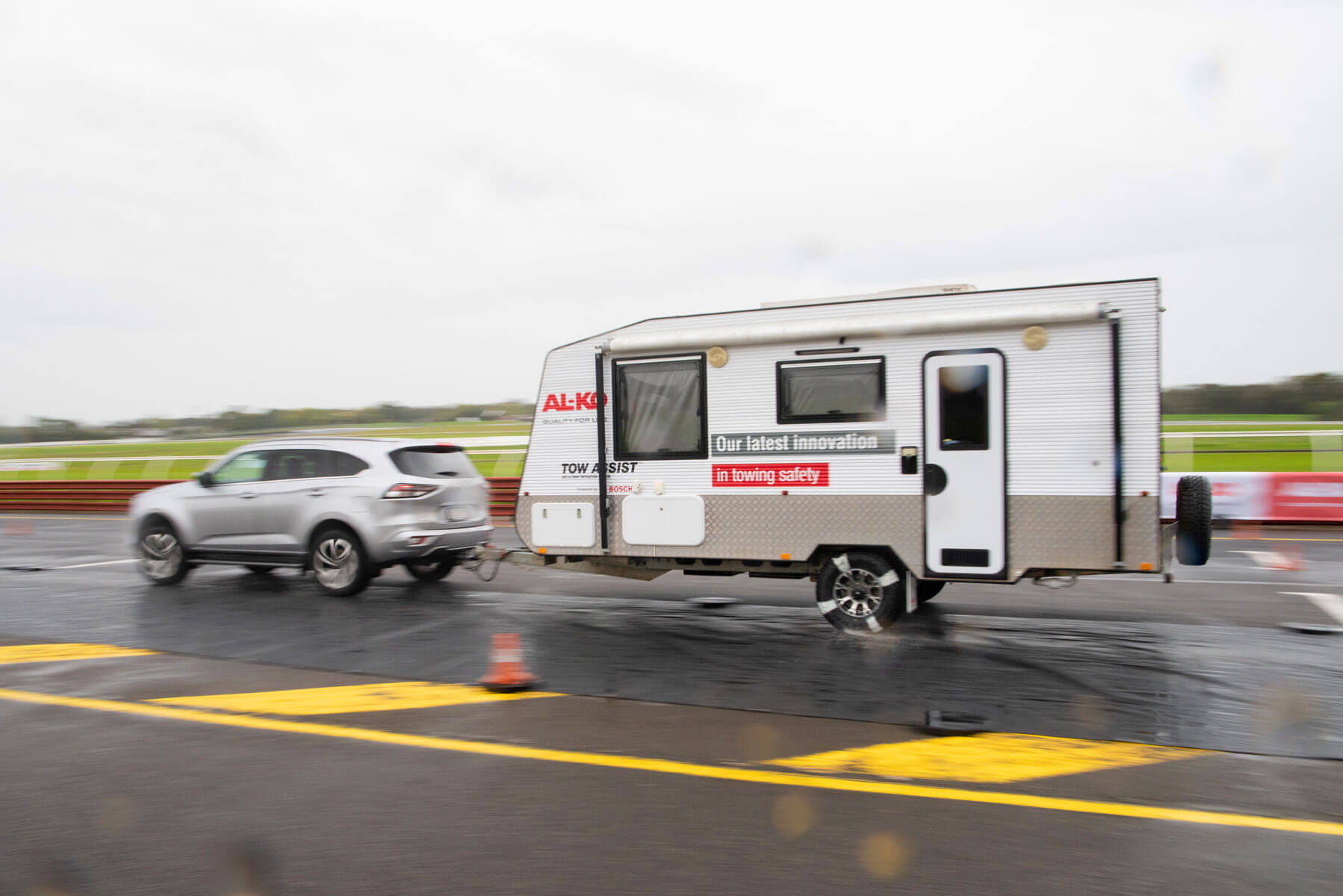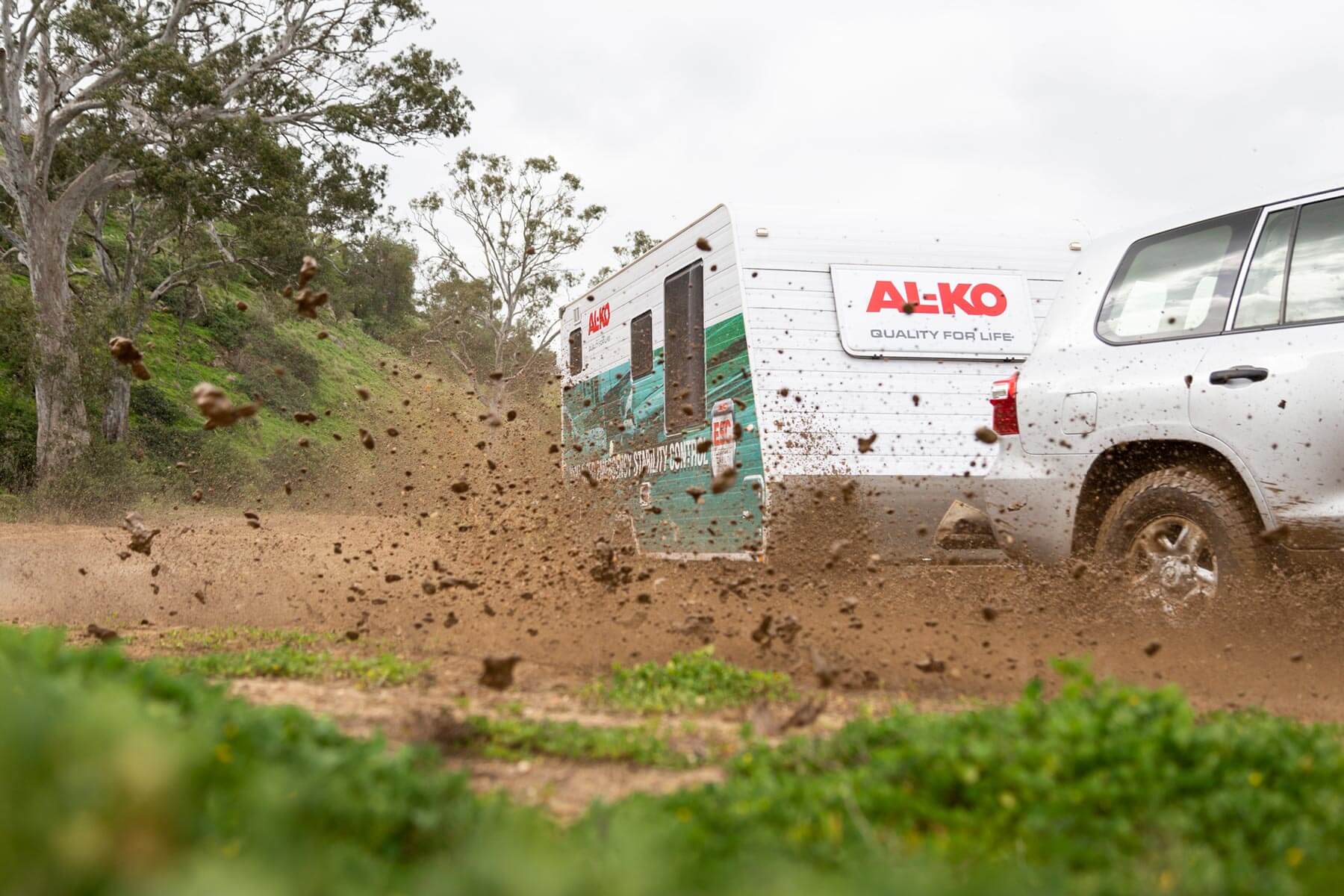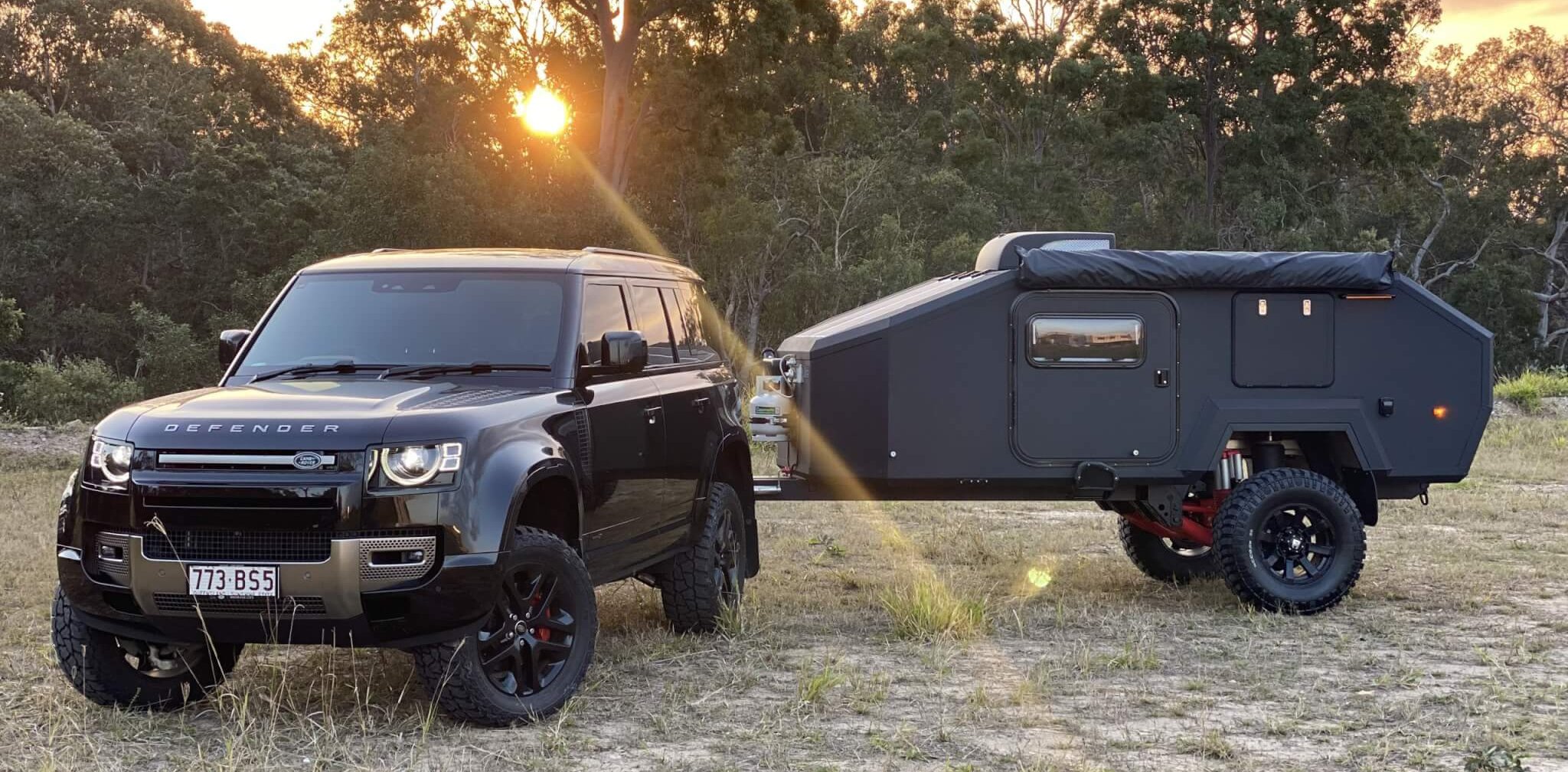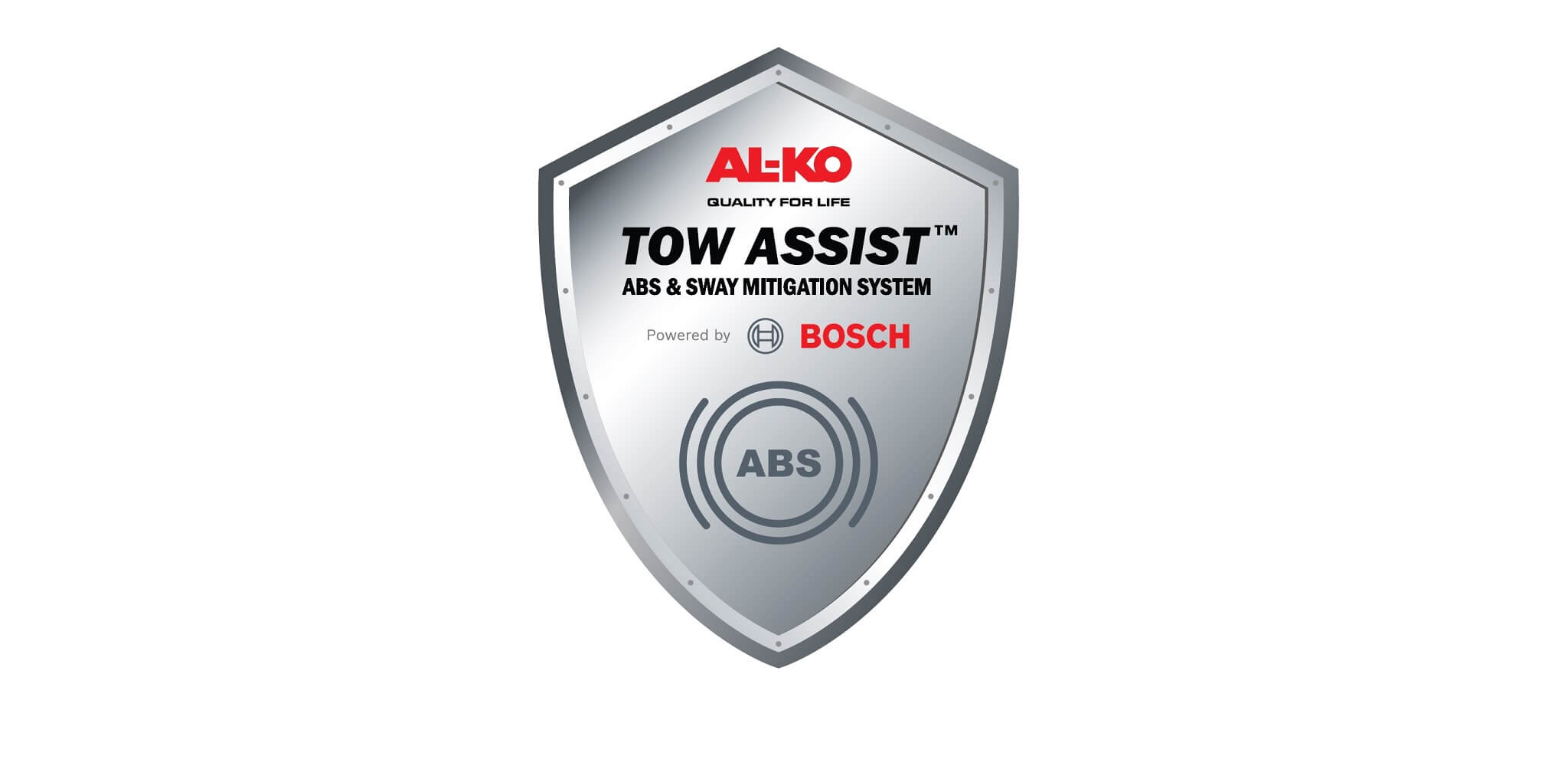AL-KO is proud to go against the automotive trend of shutting down manufacturing in Australia – in fact, it takes it further…
Part number 428220 may not mean much to most people, but to AL-KO it is an example of its Australian-made 10in Hub Drum. Due to ongoing rising costs associated with manufacturing in Australia, automotive manufacturing has largely moved overseas, making Australian-made products rarer and more sought after. Against all odds, AL-KO has managed to keep much of its manufacturing ashore and embedded with quality Aussie workmanship. Read on to find out just how much goes into the manufacture of one of its products.
How It Begins
It all begins with the sourcing of an Australian-made raw casting from Australia’s largest iron foundry, Intercast & Forge. Since 1946, Intercast & Forge has continually made improvements to become a world leader in applying innovation and technology to iron castings — and AL-KO is proud to make the most of its high-quality product. Intercast & Forge provides a ductile grey iron casting of a H229 grade, manufactured to the Australian Standard AS1830 – 2007. For quality and safety purposes, Intercast & Forge reassures each delivery with certification of conformity. When the component is delivered, AL-KO staff inspect each delivery for correctness and quality of the raw casting. From there, the approved castings embark on an automated robotic process. Once loaded onto a conveyer belt, a robotic arm handles the raw casting.

The Machining Process
To begin the machining process, the robotic arm passes the casting in front of a camera to identify that the raw casting is correct to the program. The arm then loads the casting into a CNC lathe for the brake lining and inner bearing journal to be formed. The arm then retrieves the casting and places it into another CNC lathe for the outer profile and outer bearing journal. These robotic phases are highly accurate with tolerances up to 0.012 microns. Once the faces and journals are completed, the robotic arm places the machined casting into a robotic CNC drill station that creates precision holes for the stud fitment. The casting is then scrutinised by the robot’s in-built measuring system to ensure the machine has met tolerances.
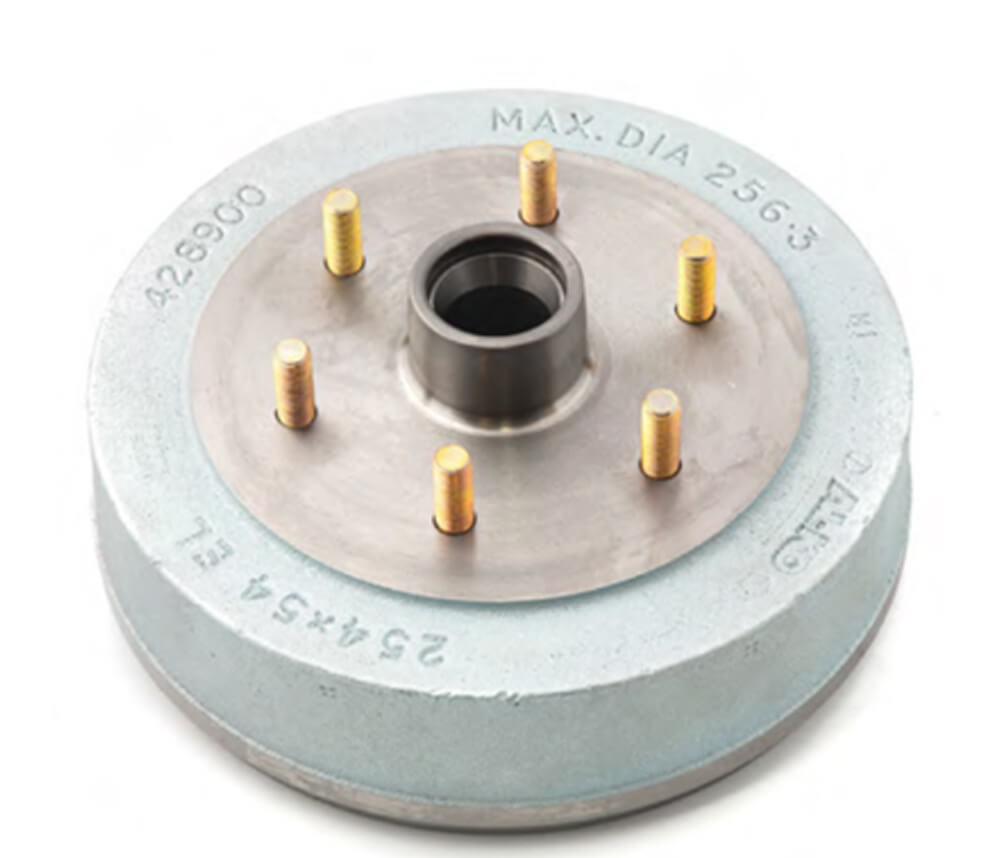
The Studding Phase
Following the robotic process, an AL-KO technician verifies the product to ensure no faults have occurred throughout the process and that components meet specifications. Next, the casting is moved down the manufacturing line to the studding phase — a human operation.
The studs used by AL-KO are sourced from another leading Australian manufacturer, Fuji Fasteners. Studs supplied from Fuji have been engineered to AL-KO’s specific needs and, again, a conformity process is in place to ensure hardness grade and tolerance of each stud. This is verified by Fuji’s ISO 9001 accreditation. Furthering this, AL-KO runs an internal contamination program to ensure only the correct studs make it to the workstation.
The casting is then set in a custom tooling to ensure when the hydraulic press seats the stud home, it is square and true. Next, AL-KO technicians employ a specific gauge tool to ensure the studded casting PCD is correct before it proceeds to the next phase.
Bearing Cups
This then brings us to the final step, the bearing cup. AL-KO aspires by choice to only fit premium Japanese bearing cups and cones sourced exclusively from leading quality brands. A mitigation process ensures only the parts needed are at the workstation to prevent contamination of incorrect parts. A two-piece tooling ensures the bearing sits true against the shoulder of the bearing journal and no imperfections are inflicted on the bearing cup face that would reduce bearing life.
From here, the drum goes off into the world, either installed on one of our axles we’ve machined on-site or as a component to be installed somewhere across Australia or New Zealand.
The AL-KO Way
As you can see, the manufacture of AL-KO wheel drums is a highly advanced and sophisticated process with quality and safety the top priority every step of the way. Operating staff have up to 18 years’ experience and the team has more than 60 years of combined experience. Furthermore, AL-KO’s wheel drum manufacture process is audited by an ISO accredited body. AL-KO’s robotic equipment receives routine maintenance ahead of manufacturer’s schedule by a robotic service specialist. Lastly, all iron waste from the above process is responsibly recycled by AL-KO, giving you peace of mind that the business you are supporting is committed to its corporate social responsibility.
